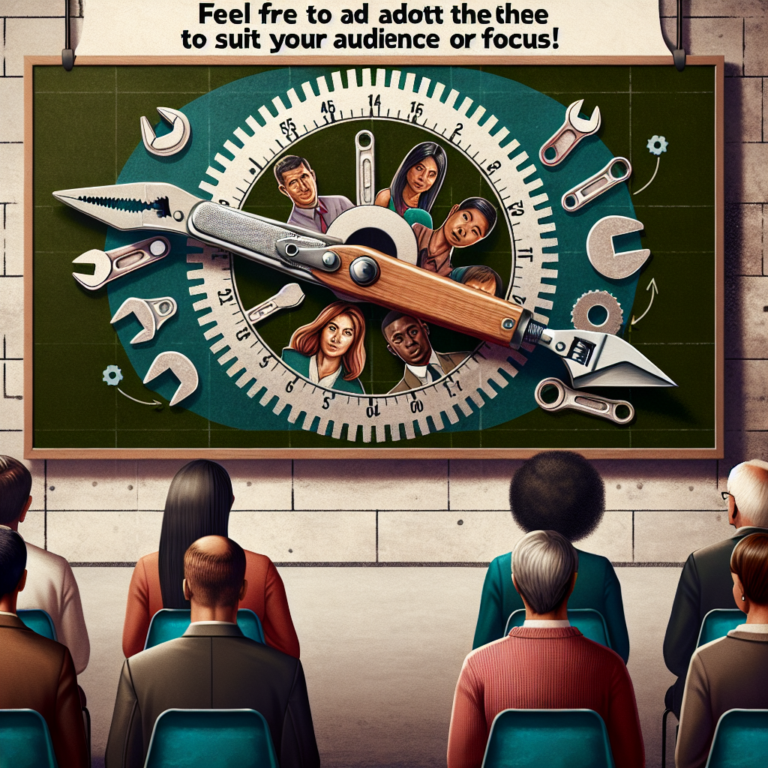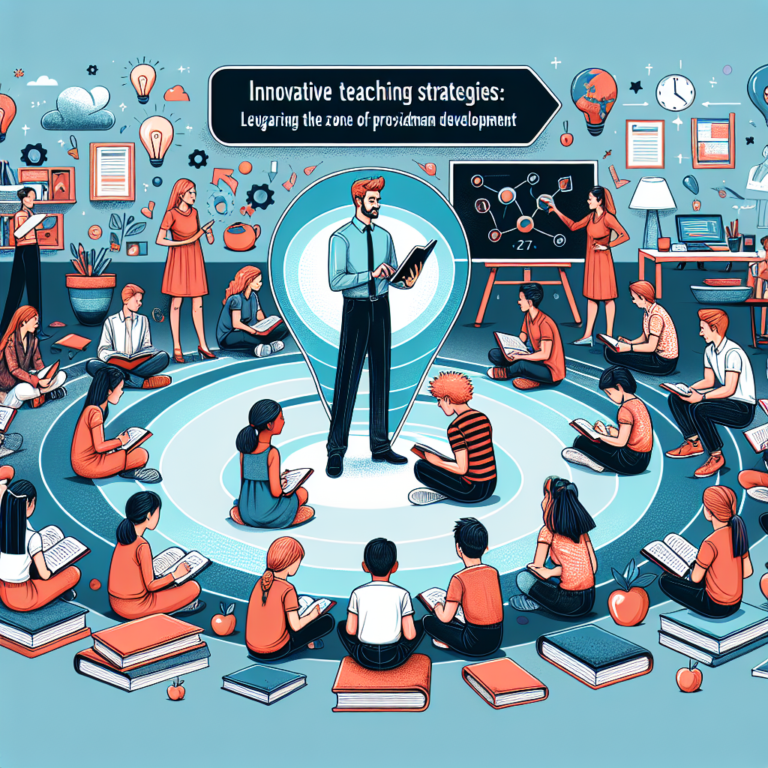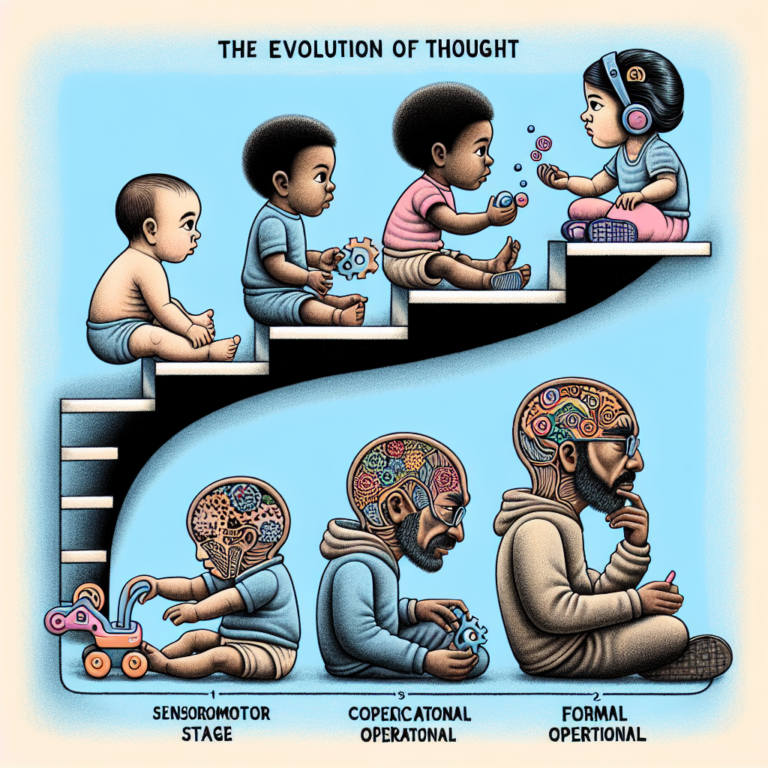Introduction
In today’s fast-paced and competitive world, your mindset plays a crucial role in determining not just your career trajectory, but the very essence of your professional happiness. It’s astounding how much power our beliefs wield over our performance and growth. If you’ve ever felt like you’re just treading water in your career, it’s time to ask yourself: Is Your Mindset Sabotaging Your Career? Signs You’re Stuck in a Fixed Mindset might be the wake-up call you need.
A fixed mindset, as opposed to a growth mindset, can keep you bound by limiting beliefs and fears. By recognizing the signs of a fixed mindset, you can take actionable steps toward unshackling yourself from these mental barriers. This article will delve into the critical signs of a fixed mindset, provide insightful case studies, and highlight strategies to foster a growth-oriented mentality, ensuring you not only survive but thrive in your career.
Understanding Mindsets: Fixed vs. Growth
Mindsets are fundamentally the beliefs we hold about our abilities and potential. Coined by psychologist Carol Dweck, the concepts of fixed and growth mindsets are pivotal for understanding how we approach challenges and setbacks in our careers.
Fixed Mindset Characteristics
Belief in Static Abilities: People with a fixed mindset believe that intelligence and talent are innate traits. They think that they are born with a set amount of capability.
Fear of Failure: Those stuck in a fixed mindset often view failure as a reflection of their abilities, leading to apprehension and avoidance of challenges.
Satisfaction with Comfort Zones: Fixed mindset individuals may shy away from challenges, preferring to stay in roles that feel safe, thus limiting their growth.
- Negative Self-Talk: Internal dialogues often reflect self-criticism and pessimism about potential.
Growth Mindset Characteristics
Embrace of Learning: Individuals with a growth mindset view challenges as opportunities to learn and develop.
Persistence in Face of Setbacks: They treat failure as a stepping stone rather than a stop sign.
Enjoyment of Challenge: They are generally more willing to step out of their comfort zones to pursue new experiences.
- Positive Internal Dialogue: Their self-talk revolves around encouragement and motivation, focusing on growth and improvement.
Table: Key Differences Between Fixed and Growth Mindsets
| Characteristic | Fixed Mindset | Growth Mindset |
|---|---|---|
| Belief in Abilities | Static | Dynamic |
| View on Failure | Defeat | Learning Opportunity |
| Response to Challenge | Avoidance | Embrace |
| Internal Dialogue | Self-defeating | Empowering |
Signs Your Mindset May Be Sabotaging Your Career
1. You Avoid Challenges at All Costs
One of the most telling signs that you might be stuck in a fixed mindset is a strong aversion to challenges. This can manifest in various ways, from avoiding new responsibilities at work to shying away from professional development opportunities.
Case Study: Meet Sarah, a mid-level manager who has great potential but consistently turns down project leadership roles. By avoiding these challenges, she stagnates in her career while her peers who embrace challenges advance.
2. You Dwell on Your Failures
If you find yourself ruminating over past mistakes instead of learning from them, it’s a significant indicator that your mindset is hindering your growth. This fixation can lead to decreased motivation and self-confidence, creating a vicious cycle.
Case Study: Consider John, who struggled with a presentation gone wrong early in his career. Rather than learning from the experience, John avoided any public speaking opportunities for over a year, missing out on crucial professional development.
3. You Feel Threatened by Others’ Success
A fixed mindset may lead to jealousy or frustration when colleagues achieve success. Instead of seeing this as inspiration or a learning opportunity, you may find yourself dismissing their accomplishments.
Case Study: Lisa worked in a competitive sales team. Instead of celebrating her coworkers’ success, she felt envious, which led her to disengage from team efforts, ultimately impacting her performance and morale.
4. You Seek Validation Over Improvement
If your primary focus is on getting praise rather than improving your skills, you might be succumbing to a fixed mindset. This behavior often leads to complacency, as seeking validation restricts your willingness to take risks.
Case Study: Michael, a software developer, regularly sought confirmation from his boss rather than engage in peer code reviews. This desire for external validation stunted his growth, as he failed to learn from other developers’ feedback.
5. You Think You’re “Just Not Good At” Certain Skills
Many people entrenched in a fixed mindset tend to label themselves as “not good at” specific tasks. This kind of limiting belief can prevent you from even attempting new endeavors.
Case Study: Karen believed she was “bad at math.” As a result, when offered a promotion that required financial analysis, she declined, effectively closing a door to career advancement that could have opened many opportunities.
The Impact of a Fixed Mindset on Career Trajectory
A fixed mindset not only limits personal growth but can also have broader implications on your career trajectory and job satisfaction. Employees who cultivate a growth mindset are generally more adaptable, creative, and likely to excel in their roles.
Chart: Career Advancement for Fixed vs. Growth Mindset Individuals
| Mindset Type | Average Promotion Rate | Job Satisfaction Level | Willingness to Take Risks |
|---|---|---|---|
| Fixed Mindset | 10% | Low | Low |
| Growth Mindset | 45% | High | High |
Shifting from a Fixed Mindset to a Growth Mindset
Now that we’ve identified the signs of a fixed mindset, how can you transition toward a growth-oriented mental framework? It begins with self-awareness and actionable practices.
1. Embrace Challenges
Acknowledge that challenges are a part of the growth process. Deliberately put yourself in situations that require you to stretch your capabilities.
2. Reframe Failures as Learning Opportunities
When setbacks occur, take time to assess what went wrong and how you can improve. This proactive approach will help you develop resilience.
3. Cultivate a Supportive Network
Surrounding yourself with positive and growth-oriented individuals can influence your mindset. Engage with colleagues who inspire you to strive for improvement.
4. Practice Self-Compassion
Instead of harsh self-criticism, practice compassion and understanding toward yourself. Acknowledge your imperfections and treat yourself with kindness.
5. Set Goals Focused on Growth
Rather than just seeking praise or recognition, set personal goals that prioritize skills development and learning accomplishments.
Conclusion
In the long run, your mindset can either be your greatest ally or your most challenging adversary. By identifying the signs of a fixed mindset, such as avoidance of challenges, dwelling on failures, and seeking validation, you can liberate yourself from limiting beliefs. Embracing a growth mindset offers not just a pathway to professional success but also increased job satisfaction and fulfillment.
So, ask yourself again: Is Your Mindset Sabotaging Your Career? The answer lies in your willingness to change your perspective and approach to challenges. Start today and watch as your career transforms in ways you never thought possible.
FAQs
1. What is a fixed mindset?
A fixed mindset is the belief that abilities and intelligence are static. Individuals with this mindset often avoid challenges and see failures as indicators of their limitations.
2. How can I tell if I have a fixed mindset?
Signs include avoidance of challenges, dwelling on failures, feeling threatened by others’ success, seeking validation, and believing you are incapable of mastering specific skills.
3. Can I change my mindset?
Yes! Through self-reflection, embracing challenges, learning from failures, and surrounding yourself with growth-oriented individuals, you can develop a growth mindset.
4. Why is having a growth mindset important for my career?
A growth mindset fosters adaptability, resilience, and creativity, which are essential for navigating today’s dynamic work environments and advancing in your career.
5. How do I practice self-compassion?
Acknowledge your imperfections, treat yourself with kindness, and avoid harsh self-criticism. Reflect on your achievements and lessons learned instead of focusing solely on failures.
By taking the initiative to evolve your mindset, you can unlock new potential, ultimately steering your career towards success and satisfaction. Embrace the journey, and you will be amazed at the transformations that await you!












